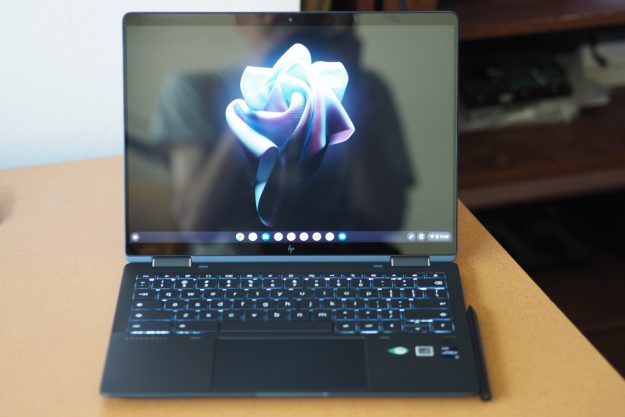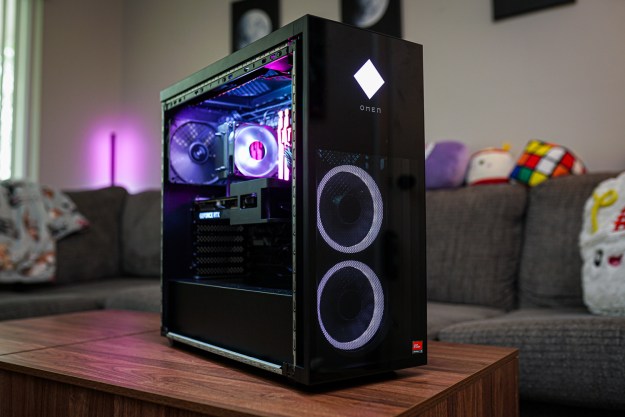
Google has moved to clarify the net neutrality proposal it put forward earlier this week with Verizon, saying that the largely negative coverage and discussion about the proposed regulator framework has been misleading and inaccurate. Google now wants to dispel “myths” that that it has sold out on network neutrality and consigned its famous “Don’t be evil” mantra to the dustbins of Internet history.
“We believe this proposal represents real progress on what has become a very contentious issue, and we think it could help move the network neutrality debate forward constructively,” wrote Google’s Washington Telecom and Media Counsel Richard Whitt in the company’s public policy blog. “We don’t expect everyone to agree with every aspect of our proposal, but there has been a number of inaccuracies about it, and we do want to separate fact from fiction.”
Whitt argues that no other company has championed network neutrality as staunchly as Google, but that inaction from Congress and regulators in Washington D.C. has made some sort of compromise necessary. Whitt notes that federal inaction—coupled with Comcast’s recent court victory over FCC regulatory authority—means there are currently no enforceable protections on Internet access, which effectively means any access provider could block any content, application, or service they like and face no repercussions. Whitt argues the joint Google/Verizon policy proposal isn’t perfect, but is considerably better than no consumers protections at all.
In the policy proposal, Google and Verizon would codify the FCC’s Internet Policy Statement as enforceable law, enabling consumers to run any lawful application, service, or device they choose on the public Internet; providers would also have to be fully transparent about their network management practices. However, except for transparency, none of those protections would be applied to mobile Internet services, and carriers would be free to set up managed services separate from the “public Internet” which would not be subject to neutrality regulations.
Google argues stiff competition in the wireless sector will keep operators from abusing openness principles, since failure to offer open access would be a significant competitive disadvantage. It also argues the creation of specialized managed services separate from the “public Internet” would not cannibalize existing Internet services since they would be subject to FCC monitoring and required to be “distinguishable in purpose and scope” from the public Internet.
Industry and public response to the joint Google/Verizon proposal has been roundly negative—critiques from the Electronic Frontier Foundation and Public Knowledge not the complexity of the problem, but roundly knock the proposed framework. In addition to pundits accusing Google of selling out on its openness principles, particularly in the mobile arena, the proposal as even engendered a real-world protest sponsored by MoveOn.org and Free Press scheduled to take place today at Google’s Mountain View, California, headquarters.


